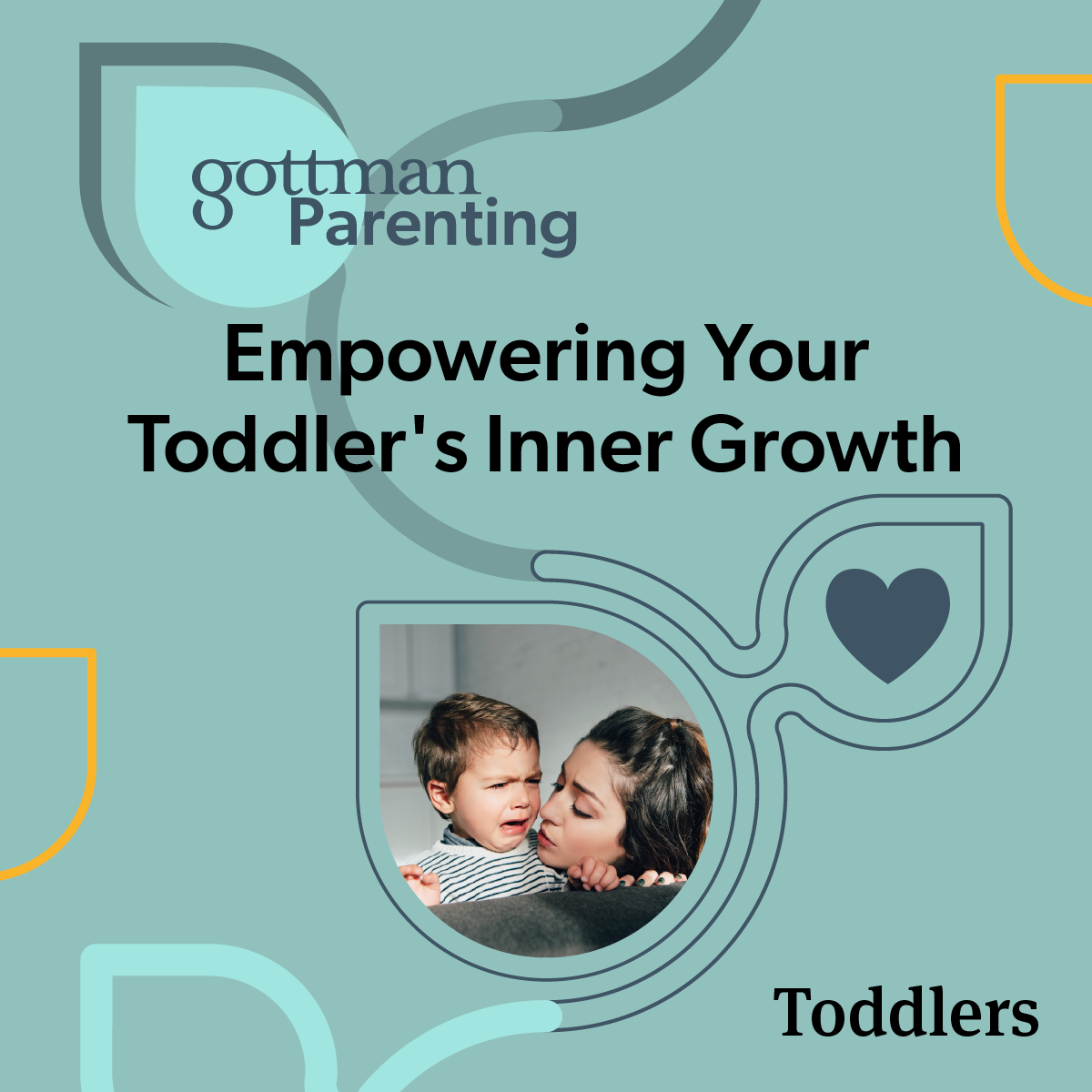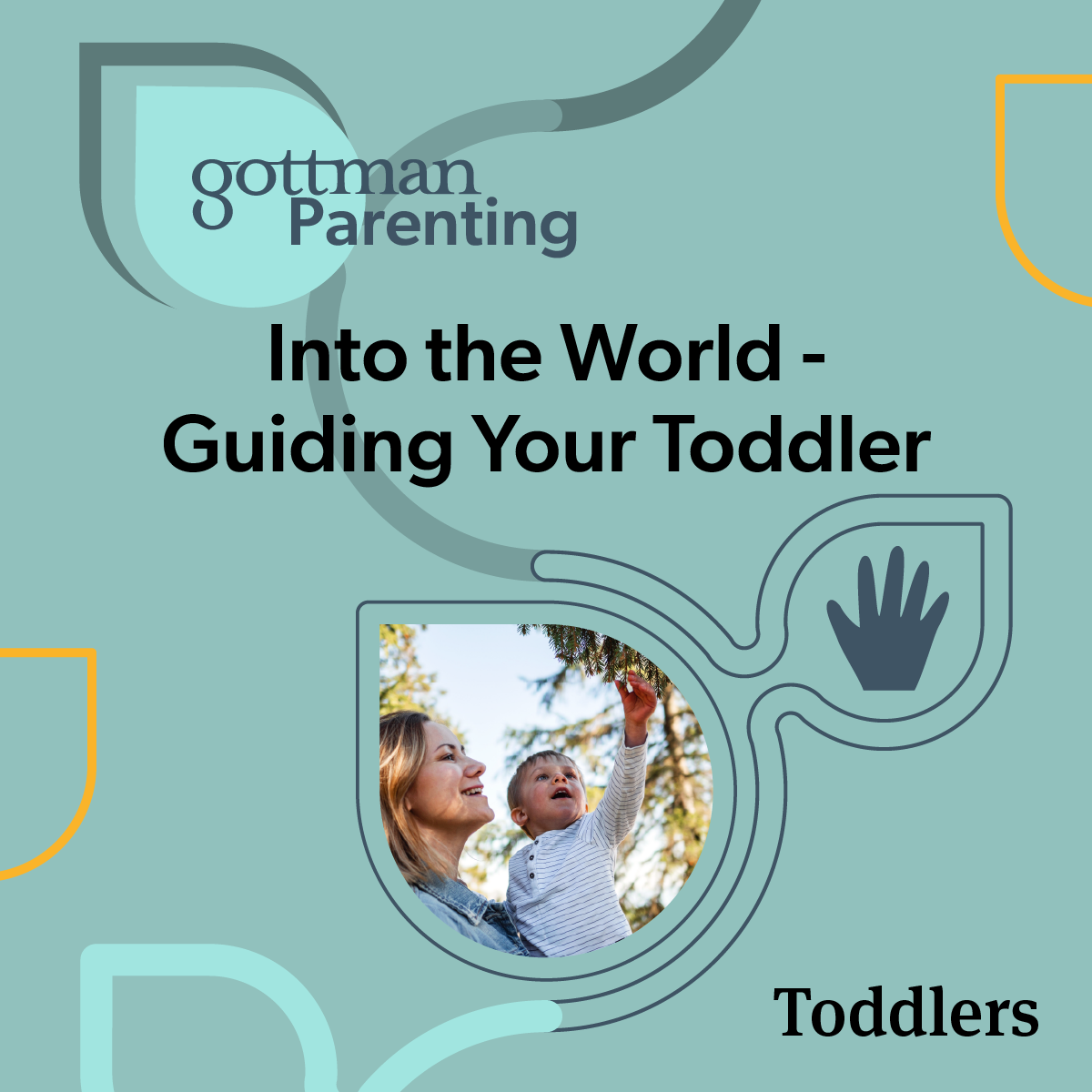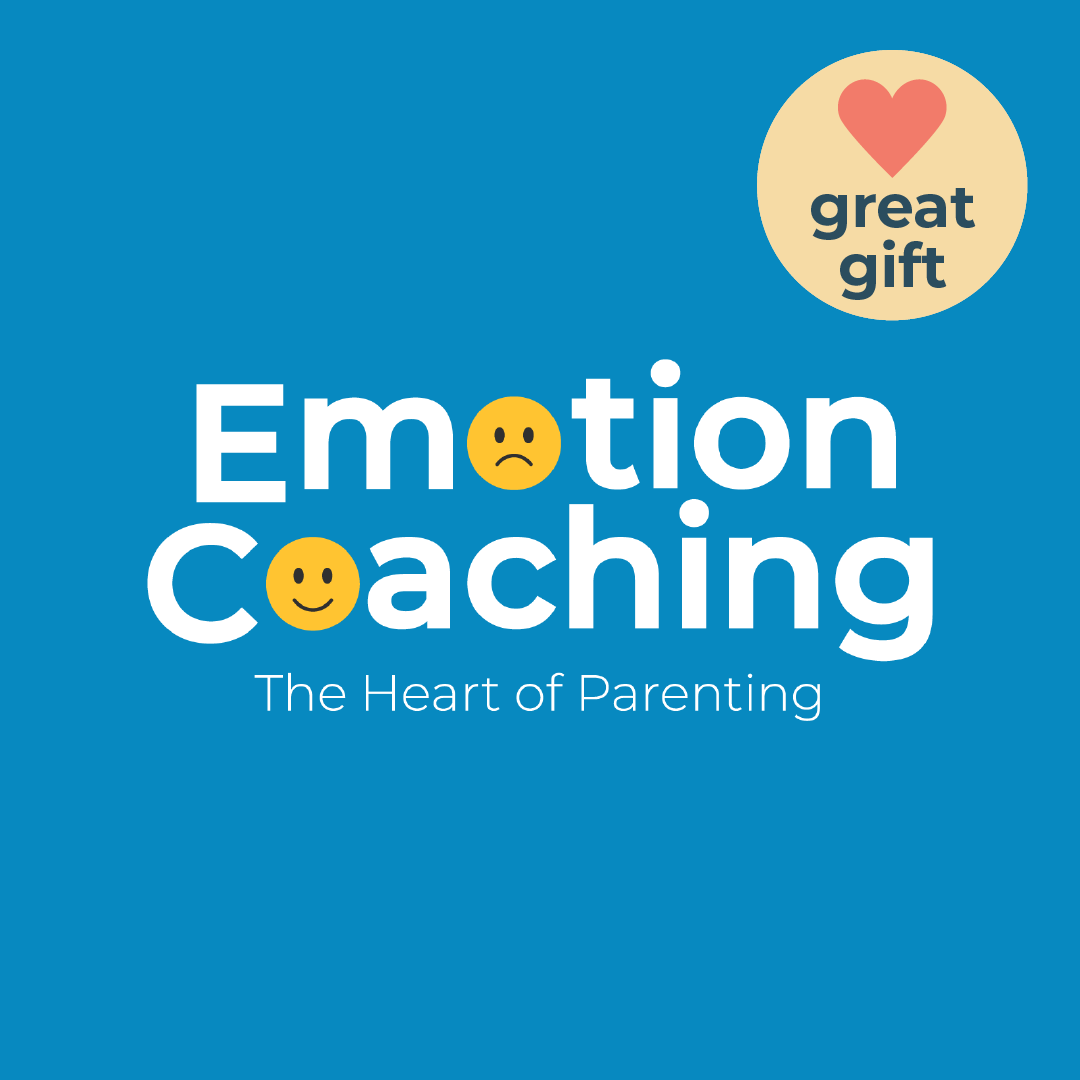The common notion that “children are our future” puts a lot of pressure on parents to do their best with their kids, but unfortunately buying a veritable library of parenting books is often not the best idea. Many books on parenting seem to take a great deal of “evidence” from popular myths, common misconceptions, and personal anecdotes. Recognizing the limitations of this narrow perspective, Dr. John Gottman undertook a variety of scientific studies, which led him to the conclusion that the key to good parenting lies in understanding the emotional source of problematic behavior.
There are four identified “types” of parents that reflect stereotypes often learned as children:
- The Dismissing Parent disengages, ridicules, or curbs all negative emotions, feels uncertainty and fears feeling out of control, uses distraction techniques, feels that emotions are toxic or unhealthy, uses the passage of time as a cure-all replacement for problem-solving. Effects: Children learn that there is something wrong with them, cannot regulate their emotions, feel that what they are feeling is not appropriate, not right, and abnormal.
- The Disapproving Parent is similar to the dismissing parent but more negative, judgmental and critical, controlling, manipulative, authoritative, overly concerned with discipline, and strangely unconcerned with the meaning of a child’s emotional expression. Effects: Similar to dismissing parenting techniques.
- The Laissez-Faire Parent (is endlessly permissive, offers little to no guidance about problem-solving or understanding emotions, does not set any limits on behavior, encourages “riding out” of emotions until they are out of the way and out of sight). Effects: Kids can’t concentrate, can’t get along with others, or form friendships, can’t regulate their emotions in a healthy way.
- Be aware of your child’s emotion
- Recognize your child’s expression of emotion as a perfect moment for intimacy and teaching
- Listen with empathy and validate your child’s feelings
- Help your child learn to label their emotions with words
- Set limits when you are helping your child to solve problems or deal with upsetting situations appropriately
- Show your child respect and understanding in moments when they feel misunderstood, upset, or frustrated. Talk through their feelings with them and try to understand their source.
- Be aware of your child’s responses to your method of working through the moment with them.
- In difficult interactions, make your child feels your empathy, by patiently validating their feelings and getting to the root of their expression.
- Instead of focusing on your parental agenda in these situations, show your child that you respect their attempts to solve problems, and guide them with trust and affection. Work through these experiences together.
Sign Up and Join Our Community!
Sign Up and Become a Super Parent
Become a Super Parent
As a Super Parent you get:
- Exclusive access to the Gottman Parenting Newsletter
- Special pricing offers and discounts
- $58 saving on the Gottman Toddlers Bundle
- Parenting tool and case study on "Toddler Boundaries and Meltdowns: The Secret to Setting Limits"
- Get weekly notifications of new Parenting Blog Posts









